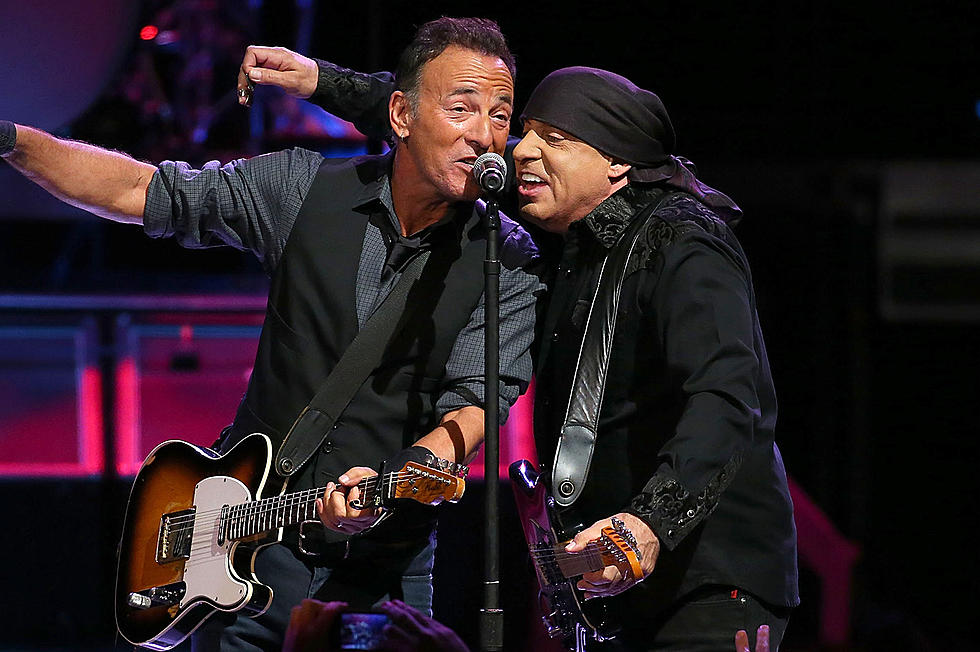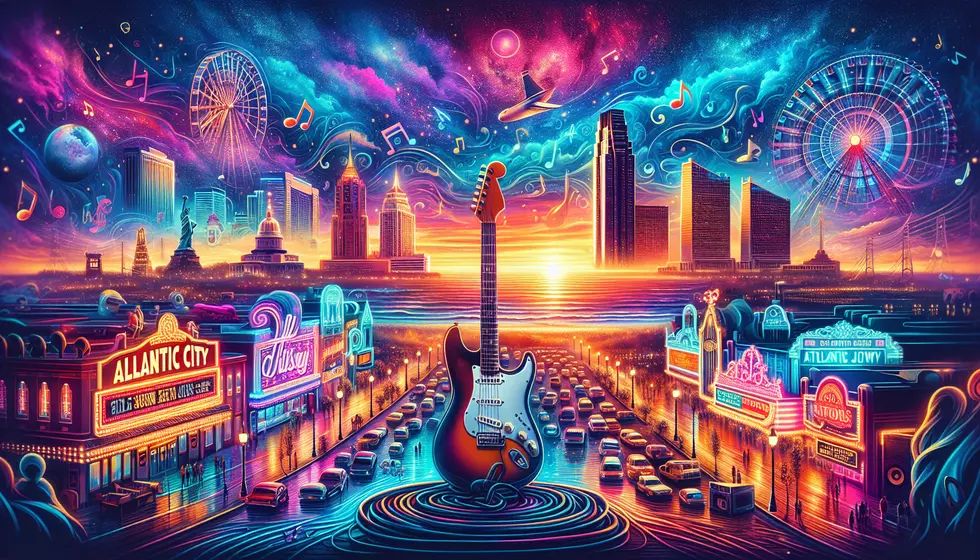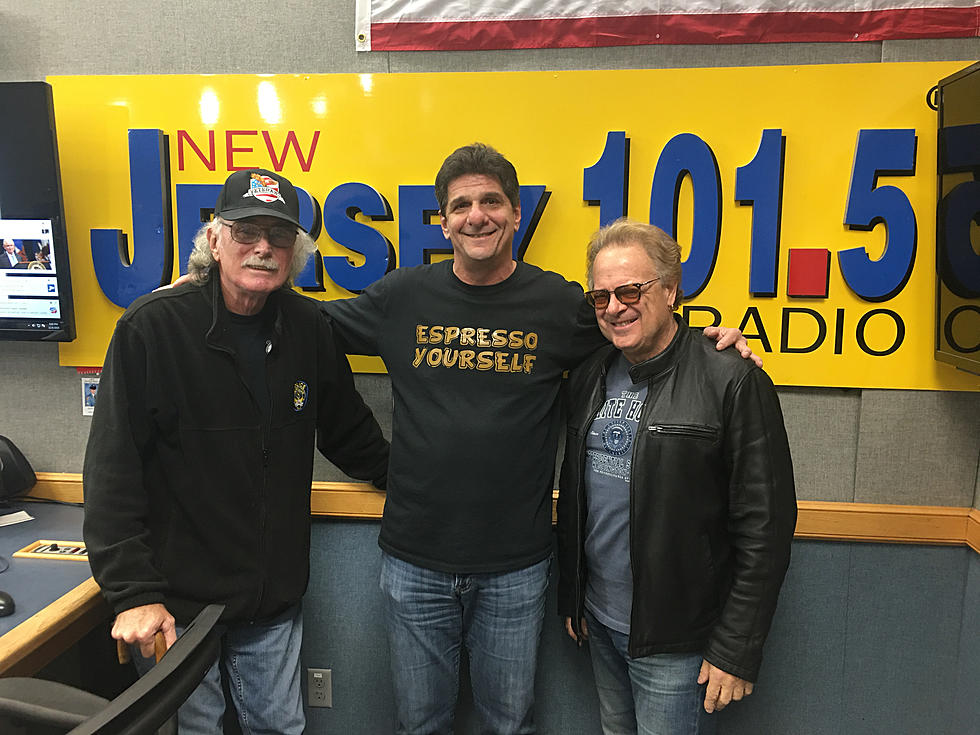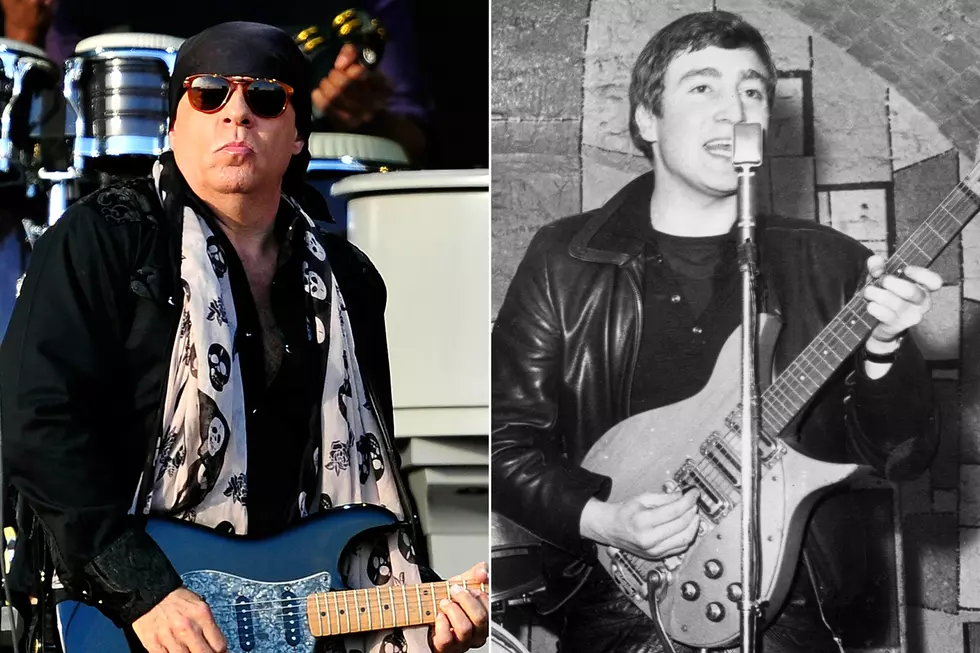
Why Steven Van Zandt Quit the E Street Band
Steven Van Zandt reflected on his reasons for quitting the E Street Band in 1982 and his reasons for finally returning after a 17-year absence.
He admitted he was shortsighted in leaving the group, particularly since it had just started to achieve massive success, and noted he should never have made the move in the first place.
In an excerpt from his book Unrequited Infatuations: A Memoir published by Rolling Stone ahead of its arrival on Sept. 27, Van Zandt said he “liked being the underboss in the E Street Band” because it “kept me out of the spotlight but allowed me to make a significant enough contribution to justify my own existence in my own mind.”
But he felt his relationship with Bruce Springsteen had lost its balance along the way. “It started to feel like Bruce had stopped listening. He had always been the most single-minded individual, with a natural extreme monogamy of focus in all things — in relationships, in songwriting, in guitar playing, in friends. Was that impulse now going to apply to his advisers?
"I felt I'd earned an official position in the decision-making process. He disagreed. So I quit."
As a result, and after one of only three fights he’s ever had with Springsteen, Van Zandt bowed out. “We finally made it. And I quit,” he said. “The night before payday. It was fucking with Destiny big-time. Or was it fulfilling it?” He quickly discovered that he became “persona totally non grata." "Let that be a lesson, kids. … Never, ever leave your power base," he said. "Not until you have secured a new one. I not only lost most of my friends and the respect of several different industries, I blew any chance of living a life without ever again having to worry about money. … I was seen as a traitor by virtually everybody. People felt they had to choose sides. Guess whose side they chose?”
The upside was that Van Zandt found time to develop other artistic projects, including his solo band and an acting career – most notably playing the role of Silvio Dante in The Sopranos. He also became active in politics, especially as a leading voice against South Africa’s apartheid social structure.
Still, he accepted “I shouldn’t have left in the first place,” and when the option presented itself to return in 1999, he accepted. “It didn’t matter how justified it might have felt at the time, or what I had learned and accomplished since,” he said. “It felt like I had fucked with Destiny, interrupted what was supposed to be, and abandoned my best friend when he needed me most. ... I liked being with [Springsteen]. Always have. I still got a kick out of him as a performer. He still made me laugh. I still marveled at the fact that my shy best friend had become one of the world’s greatest entertainers. And if we could adapt to being back together, we’d not just get back what we had, but maybe even take it further.”
He listed the positives that had arisen from his mistake: “I would write the music that would make up the bulk of my life’s work. Had I stayed, in between tours I probably would have produced other artists. Or continued writing for others. Or both. But I probably would never have written for myself. I very possibly wouldn’t have gotten into politics. Would [Nelson] Mandela have gotten out of jail? Would the South African government have fallen? Probably. But we took years off both of those things. I got to be in The Sopranos and Lilyhammer. They probably never would have happened. I would create two radio formats, a syndicated radio show, two channels of original content for Sirius (which has introduced over a thousand new bands that have nowhere else to go), a record company, and a music-history curriculum. Would any of that exist?”
He observed that "it would change Bruce’s personal life for the better; that’s indisputable. He would have been on the road for two years. Would he have had the time to hook up with [wife] Patti if she hadn’t been on the road with him? Would their three wonderful kids exist if I hadn’t left?”
Bruce Springsteen Albums Ranked
More From 105.7 The Hawk










